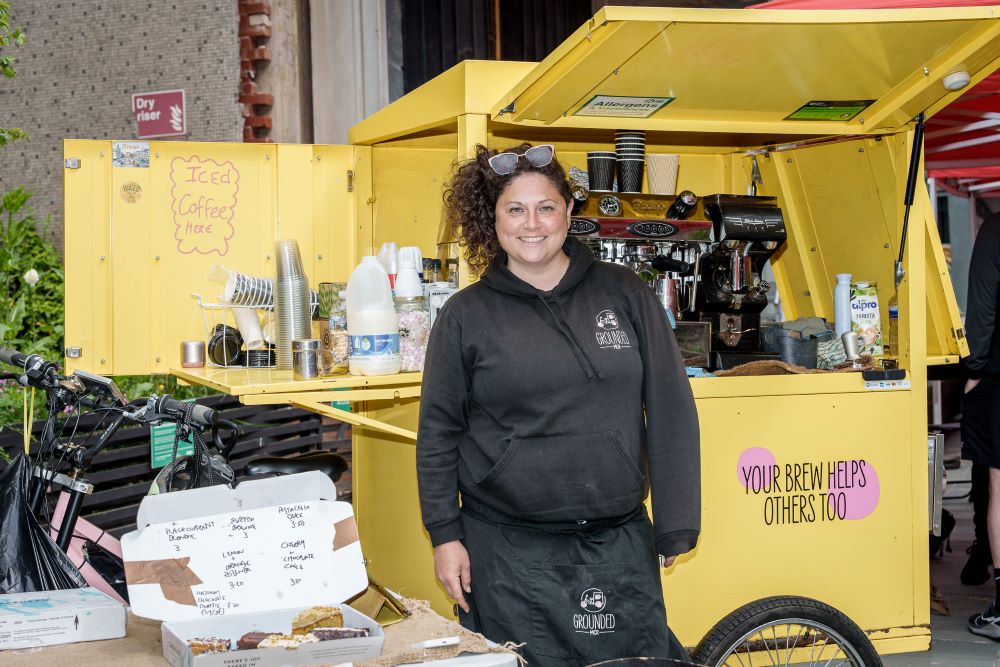T Level placements - Make the pledge.
Want to unlock your full business potential? We’ll improve your organisation whatever its size and sector, working together with you at every step of your journey – and helping you adapt to ever evolving challenges and opportunities.
Join a multitude of ambitious companies – 90,000 and rising – that have already benefitted from the most comprehensive support available across Greater Manchester.
Publicly funded, we’re ensuring businesses like yours reach great heights – at no charge.
Get in touch to start your growth journey
Want to unlock your full business potential? We’ll improve your organisation whatever its size and sector, working together with you at every step of your journey – and helping you adapt to ever evolving challenges and opportunities.
Join a multitude of ambitious companies – 90,000 and rising – that have already benefitted from the most comprehensive support available across Greater Manchester.
Publicly funded, we’re ensuring businesses like yours reach great heights – at no charge.
Want to unlock your full business potential? We’ll improve your organisation whatever its size and sector, working together with you at every step of your journey – and helping you adapt to ever evolving challenges and opportunities.
Join a multitude of ambitious companies – 90,000 and rising – that have already benefitted from the most comprehensive support available across Greater Manchester.
Publicly funded, we’re ensuring businesses like yours reach great heights – at no charge.
Get in touch to start your growth journey
Want to unlock your full business potential? We’ll improve your organisation whatever its size and sector, working together with you at every step of your journey – and helping you adapt to ever evolving challenges and opportunities.
Join a multitude of ambitious companies – 90,000 and rising – that have already benefitted from the most comprehensive support available across Greater Manchester.
Publicly funded, we’re ensuring businesses like yours reach great heights – at no charge.
Want to unlock your full business potential? We’ll improve your organisation whatever its size and sector, working together with you at every step of your journey – and helping you adapt to ever evolving challenges and opportunities.
Join a multitude of ambitious companies – 90,000 and rising – that have already benefitted from the most comprehensive support available across Greater Manchester.
Publicly funded, we’re ensuring businesses like yours reach great heights – at no charge.
Get in touch to start your growth journey
Stay up to date with the news that matters to you, as well as upcoming events, networking opportunities and new workshops designed for business success.
Our services are designed exclusively around your unique needs. It’s a personalised approach focussed on delivering practical, impactful solutions that will skyrocket your business’s performance, invigorate its workforce and boost its sustainability. Leverage our unparalleled expertise, vast experience and expansive network now – and transform your business.
With our unmatched expertise, extensive experience, and vast network at your disposal, we’re here to transform your business into a powerhouse, no matter the challenges you face. Let us be the catalyst for your success—experience the transformation today! all designed to catapult your business's performance, invigorate your workforce.
Considering turning your passion into a business? Or are you already self-employed or running your own business and keen to accelerate your growth? Our EnterprisingYou programme supports the journey to self-employment and beyond.

Business
engagements
Finance
offers
Tons CO2
saved
Jobs
created
Not only have we raised around £300m in finance for companies across Greater Manchester and helped businesses to save £500m in energy, material and waste costs, but an incredible 75% of our clients increase their productivity thanks to working with us.
SuccessesWith specialists embedded in each of the 10 local authorities, we’re committed to helping businesses from all across Greater Manchester to grow in a sustainable way. Around 40% of our clients are based in the most deprived neighbourhoods – proof that we’re so much more than just a service provider. Think of us as a close-knit family of advisors, mentors and experts who are genuinely invested in the success of every business in your area.
Explore the latest insights, advice and data – all filterable, so that you can keep on top of the issues and emerging trends relevant to your business.
Insights, news, events and opportunities straight to your inbox.





